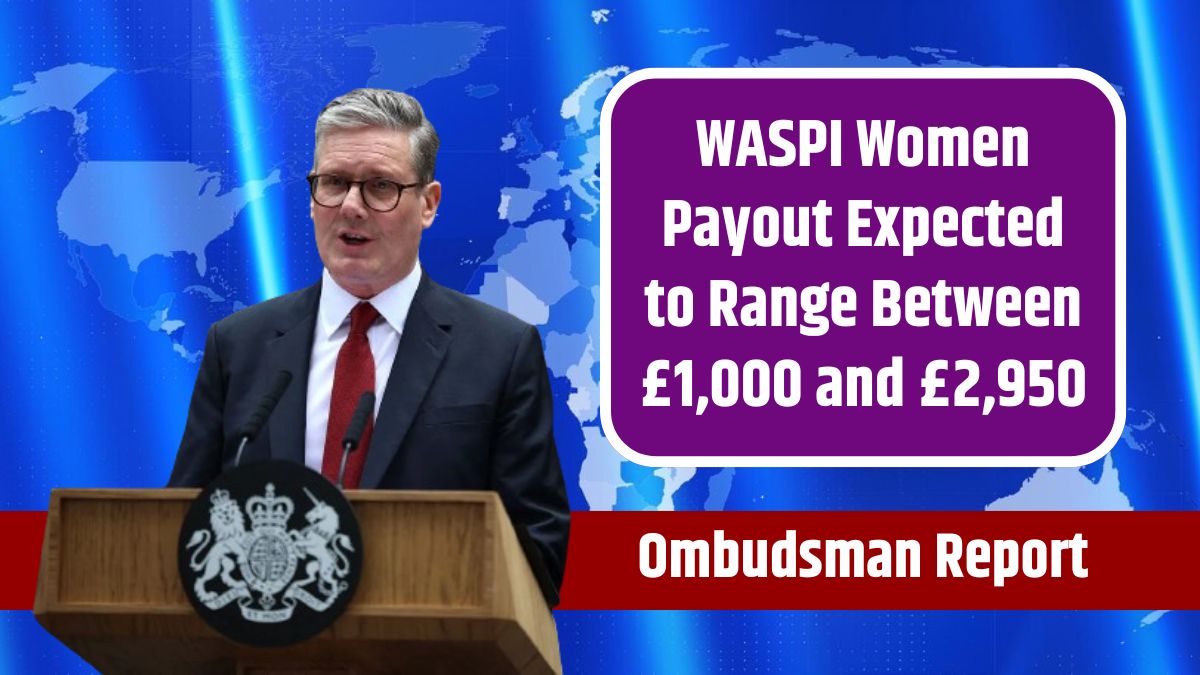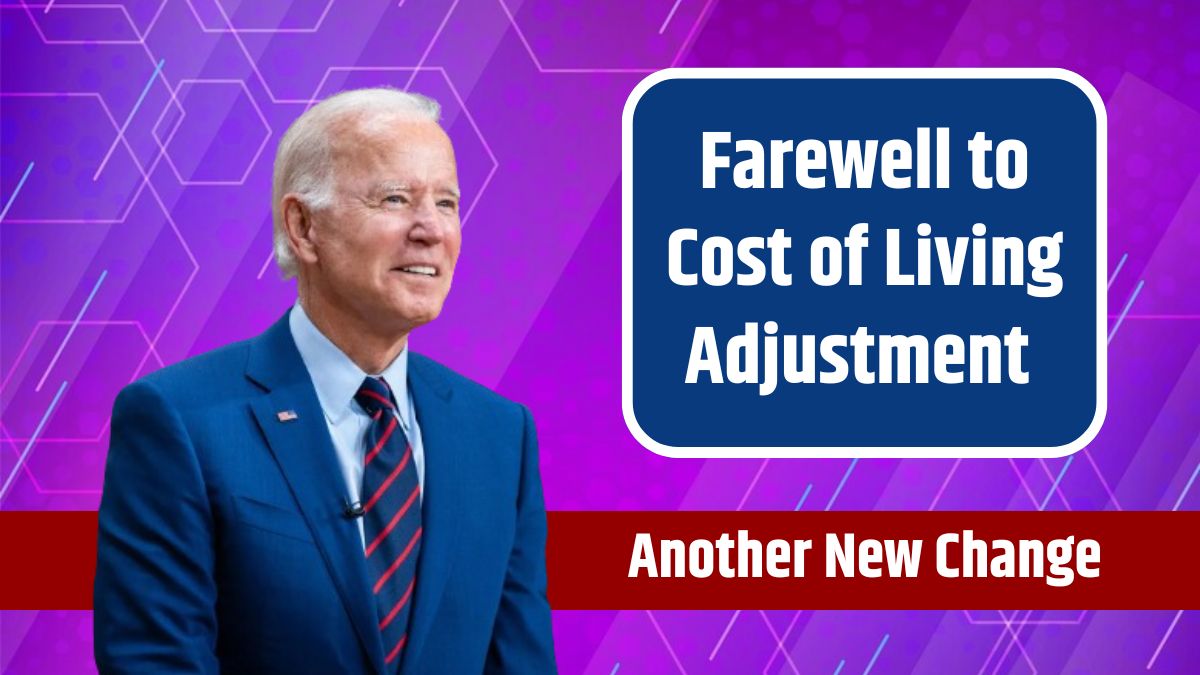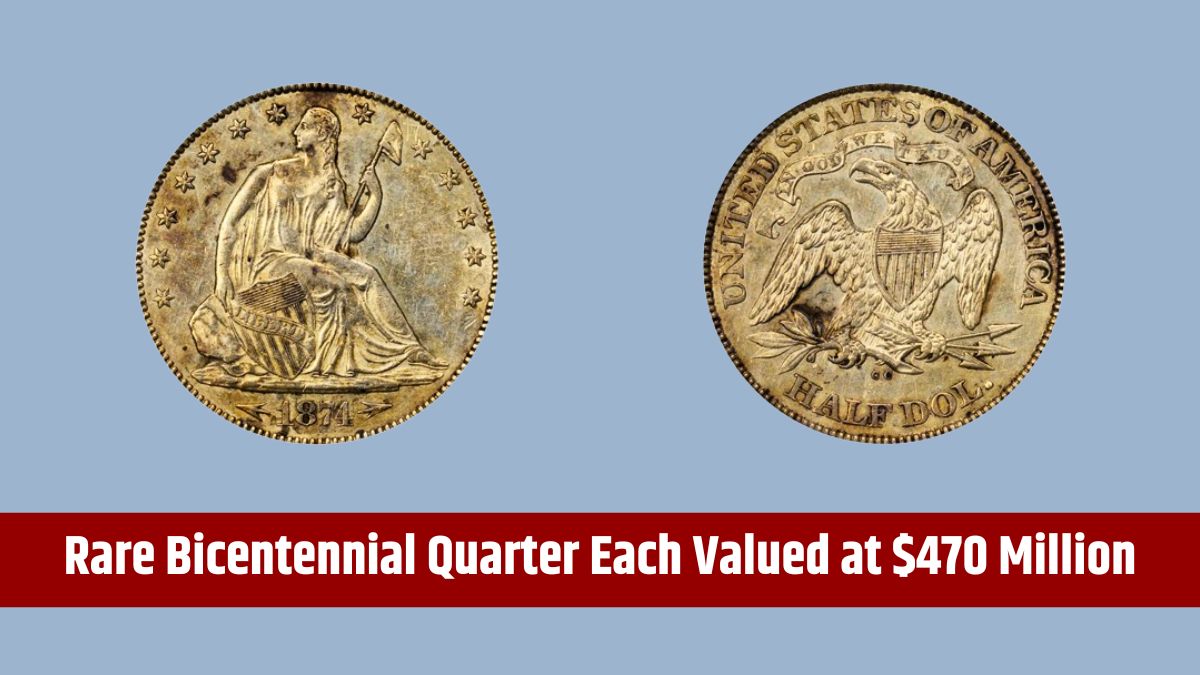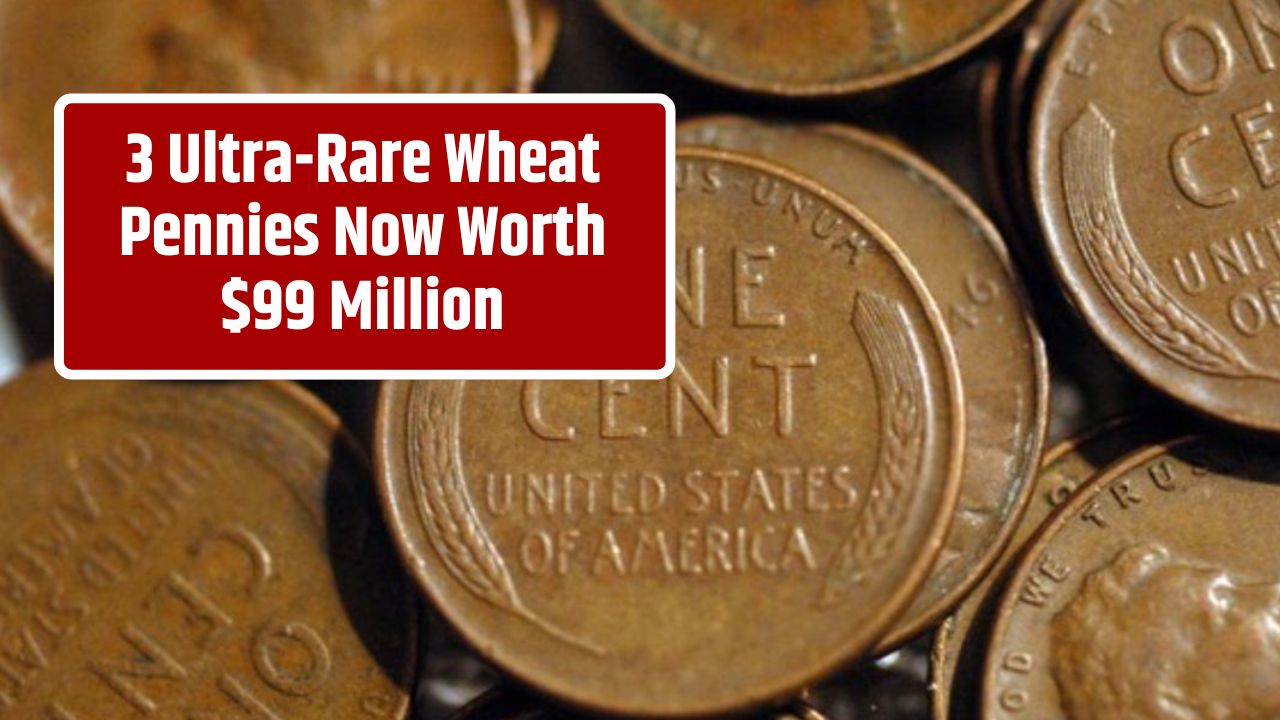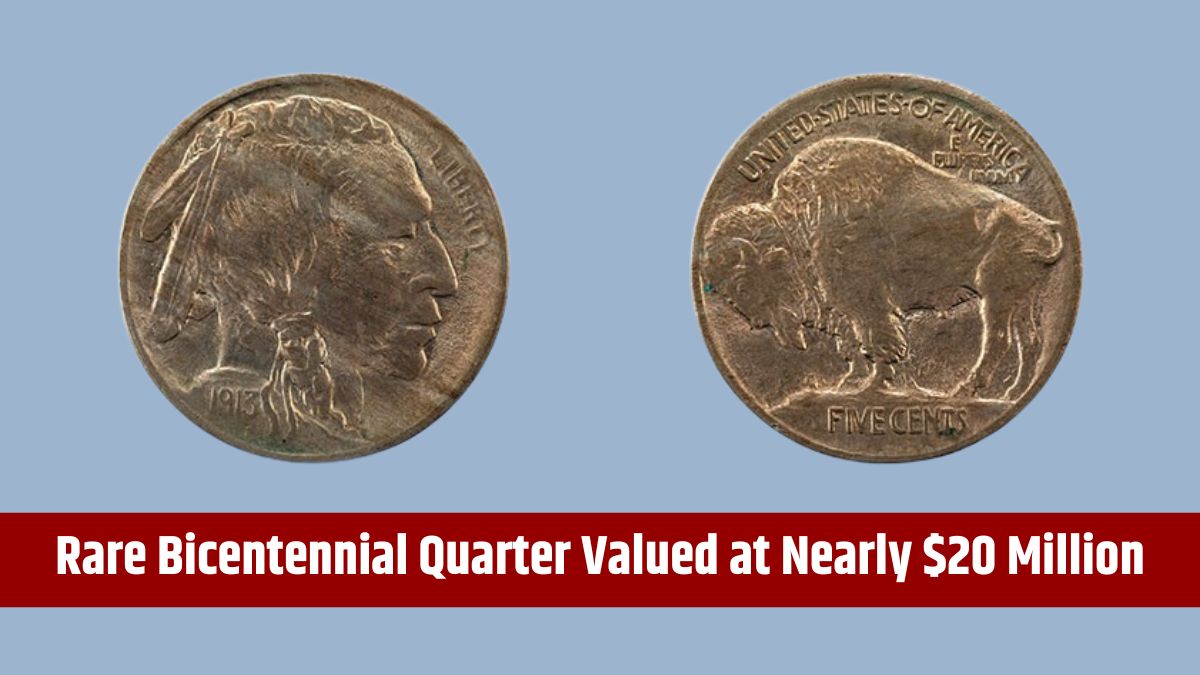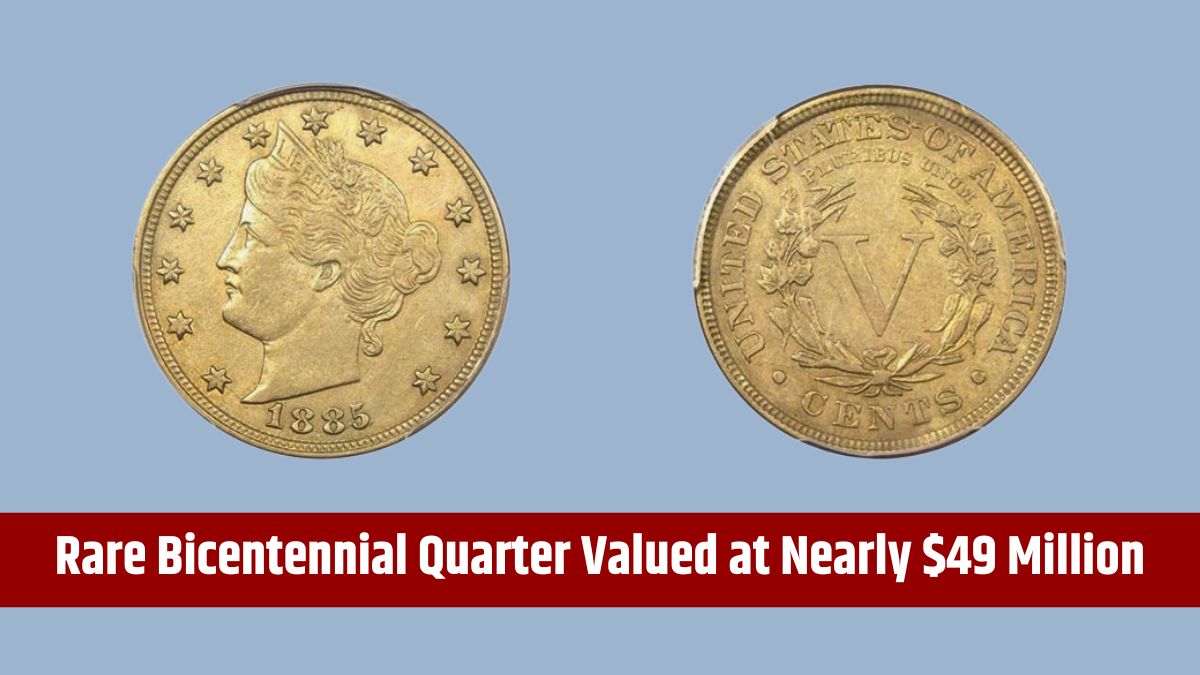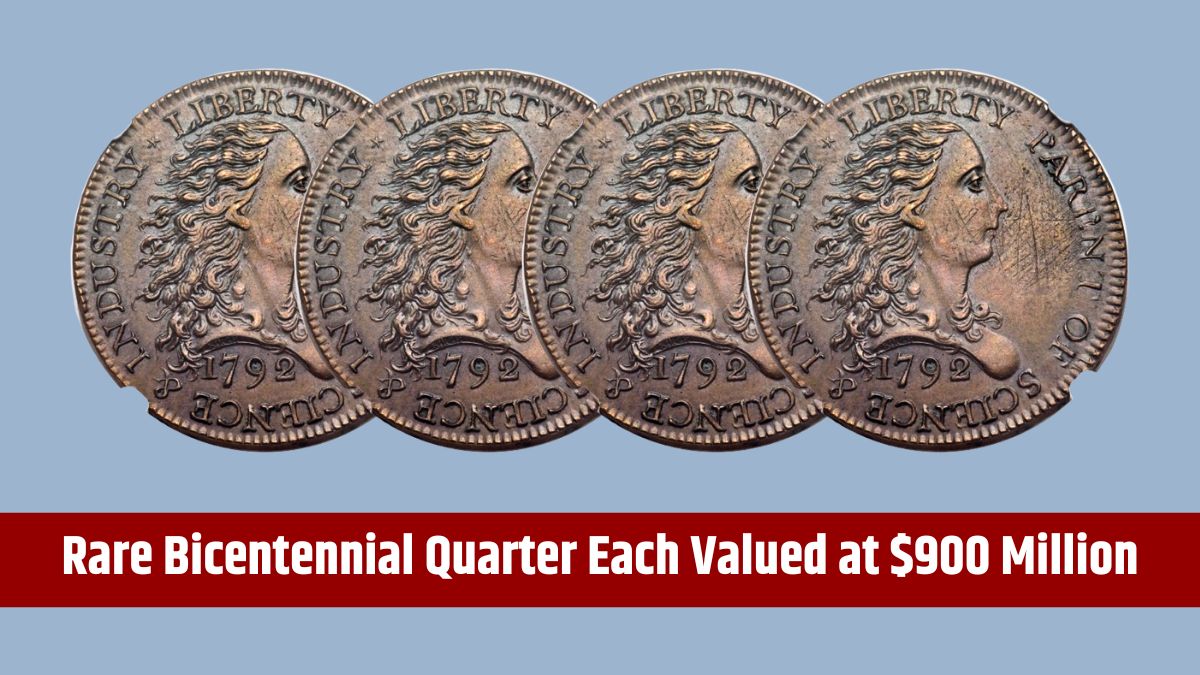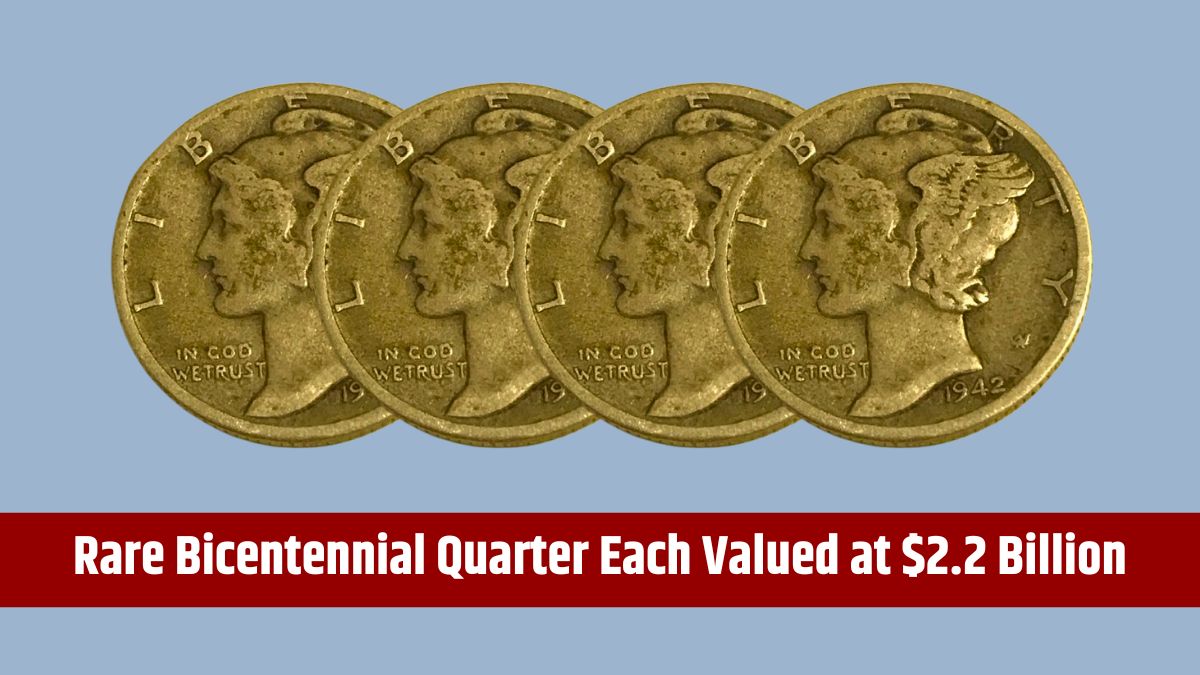The ongoing debate over the Women Against State Pension Inequality (WASPI) movement has reached a pivotal moment with the Ombudsman’s recent report recommending compensation payouts for women affected by the state pension age changes.
This recommendation marks a partial victory for the thousands of women born in the 1950s who have been fighting for recognition and reparation after facing severe financial strain due to insufficient notice of changes to their state pension age, which increased from 60 to 65. Here’s a closer look at the payout proposal, its implications, and the larger conversation around pension equality.
Background
The WASPI movement began in response to legislative changes in the UK that altered the state pension age for women born in the 1950s. These women had long expected to retire and receive their pensions at age 60. However, as the government pushed the age up, many found themselves unprepared and financially burdened. The core grievance among WASPI campaigners is the lack of adequate notice and communication from the government regarding these changes, leading to unexpected financial instability.
Women in the WASPI campaign argue that the communication failures left many of them with insufficient time to prepare, financially and personally, for a delayed pension. As a result, many have struggled with the abrupt increase in retirement age, pushing some into economic hardship as they approached retirement without the funds they had anticipated.
Ombudsman Report
In a recent development, the Parliamentary and Health Service Ombudsman recommended compensation payouts between £1,000 and £2,950 for affected women. This recommendation reflects an effort to acknowledge the financial and emotional hardships these women experienced due to the pension age changes. According to the Ombudsman, these amounts aim to provide some financial relief and serve as recognition of the distress caused by inadequate communication regarding these policy changes.
The recommended amounts are based on an assessment of the individual losses and distress endured by WASPI women. This monetary relief is a gesture from the government to address the financial losses, but it falls short of the amount many believe is needed to adequately cover their unexpected financial burdens.
Reaction and Criticism
The Ombudsman’s report has garnered mixed reactions. Many supporters of the WASPI campaign see the recommendation as a positive first step, welcoming the move toward some form of redress. However, they argue that the payout amount may not sufficiently compensate for the financial and personal impact of the delayed pension age. Advocates emphasize the need for a more tailored approach that takes individual circumstances into account, considering that many affected women have faced years of financial strain.
The push for additional reforms to improve pension equality remains strong, with advocates calling for further government action to secure financial security for all women. They argue that fair and thorough compensation could better address the losses incurred and advocate for policies that address both past inequalities and the future needs of women approaching retirement.
Path Forward
The recommendation from the Ombudsman is a meaningful development, but it’s unlikely to mark the end of this debate. The WASPI campaign and its supporters are expected to continue lobbying for a more comprehensive resolution. The next steps will likely involve discussion around the details of the payout process, such as eligibility criteria and payment mechanisms, along with broader conversations on pension reforms.
Key questions for policymakers and advocates include:
- How will the compensation be administered? Defining eligibility criteria and payout logistics will be critical.
- Is there potential for further reforms? Advocacy groups are pushing for additional measures to ensure financial security for all women in retirement.
- What role will political will play? Political engagement will be essential in shaping the outcome of this issue.
- Can awareness be raised? The issues faced by WASPI women highlight the need for awareness campaigns around financial planning and retirement preparation.
Although the Ombudsman’s recommendation is a welcome development, it leaves open the door for continued advocacy and negotiations. The WASPI campaign has brought the challenges of pension age inequality into the public eye, and it underscores the importance of clear, proactive communication from government bodies regarding retirement policies.
The fight for fair compensation and improved pension policies continues. With active support from advocacy groups and policymakers, the WASPI women hope that a more equitable and supportive framework for pensions can be achieved, ensuring that future retirees are well-informed and adequately prepared.
FAQs
What is the WASPI campaign?
WASPI advocates for women affected by pension age changes without adequate notice.
How much is the proposed WASPI payout?
The Ombudsman suggests £1,000 to £2,950 per affected woman.
Why do WASPI women seek compensation?
They faced financial hardship due to insufficient notice of pension age changes.
Will all WASPI women receive compensation?
Details on eligibility and administration are yet to be finalized.
What’s next for WASPI women?
Advocacy for better compensation and pension reforms continues.

